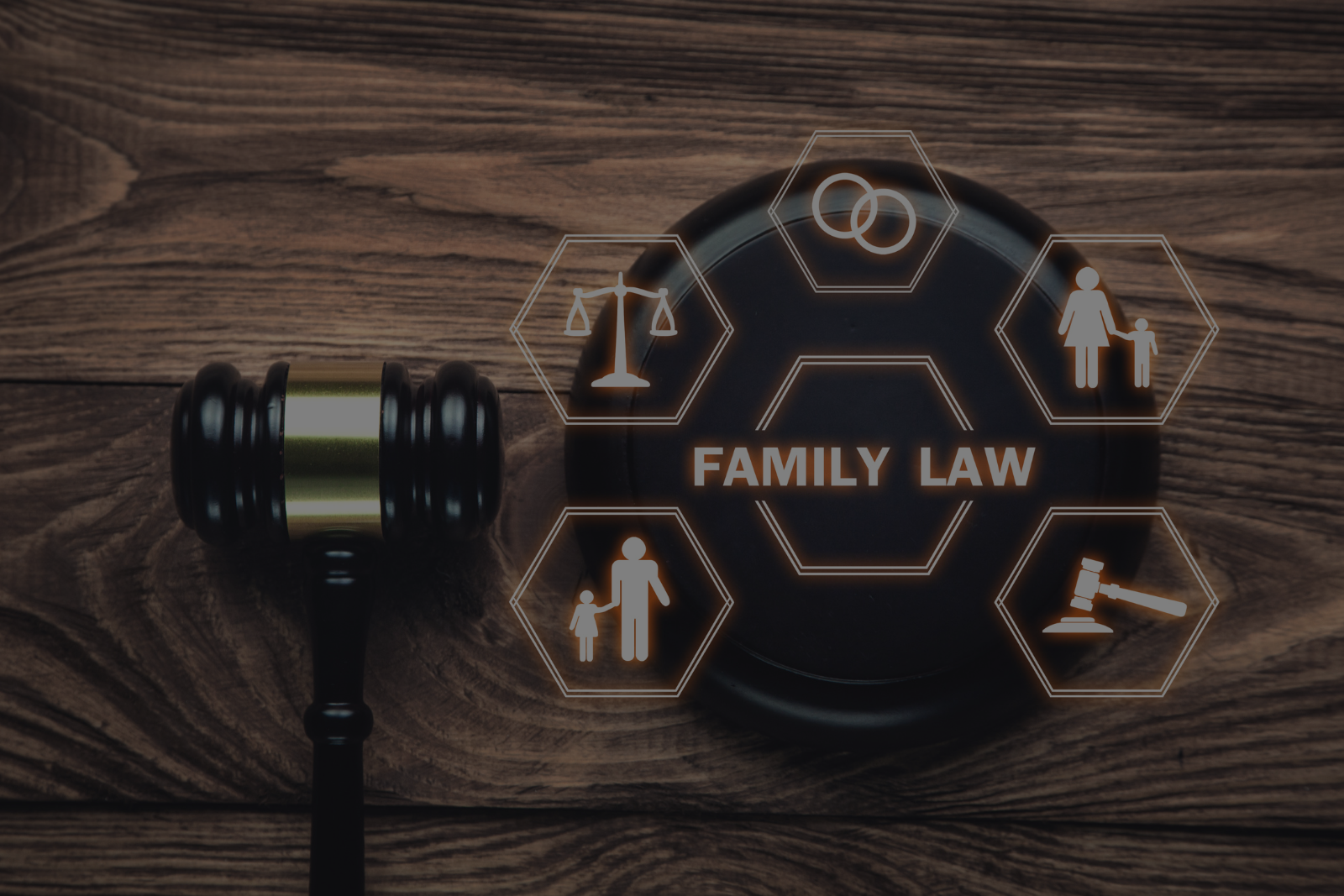Marriage in Australia

Getting married in Australia
Legal definition of marriage in Australia
The Marriage Act 1916 defines a marriage to be the union between two people to the exclusion of all others, which has been voluntarily entered into for life.
Gender or sex no longer play a part in the definition of marriage. Marriage equality in Australia has been recognised since 9 December 2017.
Who can marry in Australia?
Any person over the age of 18 years can enter into a marriage, whether the person is in a same-sex or heterosexual relationship, provided the relationship is not with another family member.
To get married in Australia, you don’t have to be an Australian citizen or a permanent resident of Australia.
However, if you are not an Australian citizen or permanent resident and you intend to reside in Australia before marrying you should seek legal advice in relation to obtaining a visa.
Contact our family lawyers on 02 9262 4003 for a referral to a reputable immigration lawyer.
Legal age for marriage
The legal age for marriage in Australia is 18 years old.
If you’re aged between16 and 18 years, you can get married with your parents’ consent or by Court Order. Where consent to a marriage is given, the marriage must take place within three months of the date of consent.
What is the legal effect of a marriage?
To be married in Australia, both you and the other person must:
- not be currently married to another person;
- not be marrying a parent, grandparent, child, grandchild or sibling (including relationships resulting from adoption);
- be at least 18 years old (unless in certain circumstances where Court or parental consent has been granted);
- have an understanding of what a marriage means and be entering into the marriage voluntarily;
- provide a ‘Notice of Intended Marriage’ form to an authorised marriage celebrant or minister at least one month (but no later than 18 months) prior to your wedding unless there are exceptional circumstances (see: “Can I marry in the next month?” for further information);
- be married by an authorised marriage celebrant or minister;
- use the specific wording required by law during the ceremony; and
- produce original birth certificates or passports (or an English translation of the document) to your marriage celebrant or minister.
If either you or your fiancé has been married before, you must also provide the original Divorce Order or Death Certificate, to prove that you are now either divorced or widowed.
You can find out more by asking your authorised marriage celebrant or minister for further information or visiting the Registry of Births, Deaths and Marriages website.
Can I marry in the next month?
Normally, you can’t marry until one calendar month from the date the authorised celebrant receives the Notice of Intended Marriage.
However, you could marry your fiancé within that month, without providing a a copy of the Notice to the celebrant , but only in exceptional circumstances. These include where there are:
- medical reasons;
- legal proceedings;
- an error in the Notice of Intended Marriage form; and/or
- employment related circumstances or travel commitments that cannot be avoided.
If you’d like to know more, ask your authorised marriage celebrant for further information or visit the Registry of Births, Deaths and Marriages website.
What happens after the marriage ceremony in Australia?
On your wedding day, the marriage celebrant will give you three copies of the Ceremonial Marriage Certificate. This certificate must be signed by:
- you and your spouse;
- an authorised marriage celebrant or minister; and
- two witnesses, who must be over the age of 18 years.
Within 14 days from the date of your marriage, your celebrant or minister will lodge your Certificate of Marriage and other relevant paperwork with the Registry of Births, Deaths and Marriages in the state or territory.
Either you or your marriage celebrant or minister can apply for a copy of your official marriage certificate from the registry. This certificate will allow you or your spouse to legally change your name.
Getting married overseas
It is becoming increasingly common to choose to get married overseas.
Generally, your marriage will be valid in Australia if you can show that the marriage was, or would have been, a valid marriage under:
- the law in the foreign country where you and your spouse were married, and
- Australian law had the marriage been performed in Australia.
You do not have to register the marriage in Australia if you get married overseas. The original or certified copy of your marriage certificate, issued by a minister or celebrant overseas, is evidence of the validity of the marriage and that it took place overseas.
Before marrying overseas, we recommend you contact the local consulate, embassy or high commission of the country you wish to marry in to make sure you comply with any additional legal requirements for your marriage to be valid.
If your spouse is not an Australian citizen or a permanent resident of Australia, and you and your spouse intend to reside in Australia after your marriage, you should seek legal advice in relation to obtaining a visa.
Contact our family lawyers on 02 9262 4003 for a referral to a reputable immigration lawyer.
How does a marriage end?
A marriage, whether heterosexual or same-sex, can end in three ways:
- Divorce
- Annulment
- the death of one spouse.
How can Ivy Law Group help you?
For marriage and family law advice tailored to your circumstances, contact the family lawyers at Ivy Law Group on (02) 9262 4003 to arrange a free, no-obligation initial consultation.
FAQs about marriage
The legal age for marriage is 18 years.
Yes, if you have parental consent or a Court Order allowing you to do so.
This depends on the type of family law proceedings you are engaged in.
If you have filed a Divorce Application, are in the process of filing a Divorce Application or otherwise waiting for a Divorce order to be granted, or made final then no you cannot remarry, gjven you are already married and would be committing the criminal offence of bigamy. The maximum penalty for bigamy is five (5) years imprisonment.
However, if you are already divorced (and the divorce order has been made final) or if you were never married to your first partner and have parenting or property proceedings on foot, you can marry another person who is not a party to your family law proceedings.
Please see the legal requirements and relevant information set out in “Who Can Marry in Australia” and “Divorce” for further information.
It depends on a few factors.
Please see the legal requirements and relevant information set out in “Getting Married Overseas”.
You will need to register your marriage by providing a copy of the ceremonial Marriage Certificate to the Registry of Births, Deaths and Marriages.
Either you, or the authorised marriage celebrant on your behalf, may apply for a copy of your Official Marriage Certificate from the registry.
Gay marriage is known as same-sex marriage in Australia. See Marriage Equality in Australia for further information.





